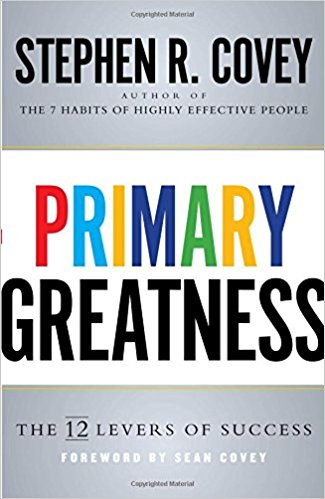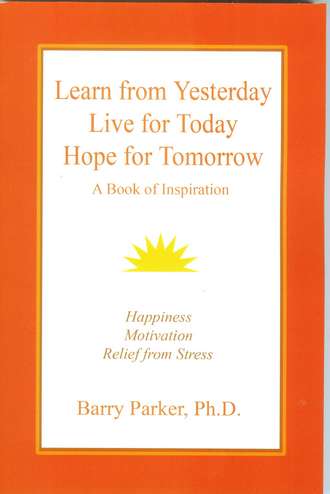Trauma Bond: An Inquiry into the Nature of Evil
In a very motivated and noble feat, Trauma Bond tailspins into a personal and social telling of aggression and evil, and the implicit/explicit differences thereof, as it stems from interchangeability and internalization of invasive, perturbed experiences. Lawrence Swaim presents collective data from films, historical events like the Holocaust and Slavery, military observations and basic trainings, news minutiae, political movements (Communist, Fascism, Zionism and Nationalism, etc.), case studies and psychological experiments like Stockholm and Milgram, and brilliant, spot-on literary references like the great Stephen King; he even goes as far as discussing gender and patriarchal worldview that are usually unmentionables in the mainstream equation and falls wayward in comparison to the other aforementioned issues. But opening up these cans of worms is tricky when it’s followed by “women in the military are often acting out something very close to pure patriarchy,” which raises the age-old, gender scrutiny that undermines the feminist movement. However, the author makes sure to fully flush out the gender arguments and, in doing so, tries to keep a neutral stance; though not always clear. Using these concrete examples from popular culture of American society and global civilization, the author presents a substantial, meaty fodder for reviving the long-holding debate between nature versus nurture, biological makeup versus environmental factors to dissect the tendencies for evil in humanity. More so, Swaim’s twenty-five years as a counselor in psych-socio rehab enlightens the book with actuality and practice; his ruminations and grandiosity fuels the book with succinctness, cohesiveness and poignancy. Many brainy enthusiasts can appreciate the evidentiary support that Trauma Bond not just overwhelmingly establishes but to boot, the extent in which it goes to ambitiously expel an investigation about “the fundamental emotional orientation of a universally-applied psychology of being” that informs the human race and the implications thereby in the whole individual (free from the stop-and-go of psychological and physical violence) or the other, fragmented entity still in the traumatic relationship.
Trauma Bond moves in a sing-song of intellect and drive with secondary sources and incredibly, rewarding citations—in particular the insertion of various schools of psychology and sociology. At several points though, the author’s subjectivity clouds the argument and his critical tone proves bias and pessimist, “The belief in progress is false: evil and aggression rule the world;” his foregone conclusion toward the “ancient problem of good and evil” is troublesome when he compares psychoanalysis and psychotherapy with the counselor-client dynamic at a residential program, saying “such a process would help you see yourself much more quickly than years of psychoanalysis.” Swaim quickly makes up for these slighted views, when he talks about incorporating the aforementioned approach into the latter, rehab fieldwork. Ultimately, this highly indicative text does what it exactly sets out to do: inquire. Swaim attempts a ceasefire, when he concludes: “Our weapons are words, our struggle is justice, and our dream is a safe place…for all the world’s children.”
| Author | |
|---|---|
| Star Count | 4.5/5 |
| Format | Trade |
| Page Count | 580 pages |
| Publisher | John Hunt Publishing, Ltd. |
| Publish Date | 29-Jul-2013 |
| ISBN | 9781780998787 |
| Bookshop.org | Buy this Book |
| Issue | January 2014 |
| Category | Self-Help |
| Share |








Reviews
There are no reviews yet.